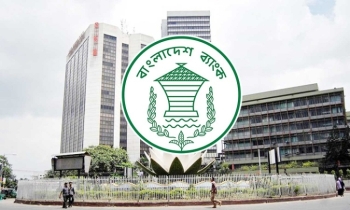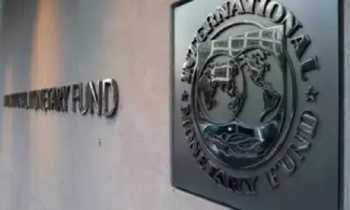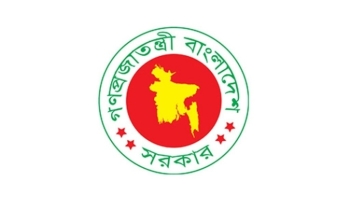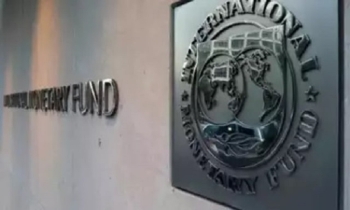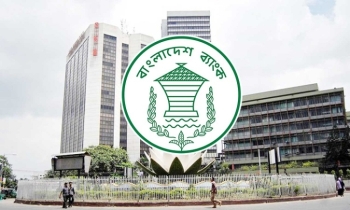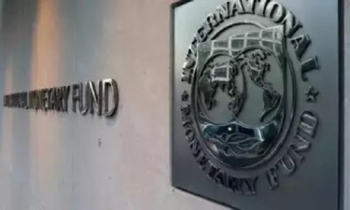IMF approves 3rd tranche of $1.115b loan for Bangladesh
BI Report, Dhaka || BusinessInsider
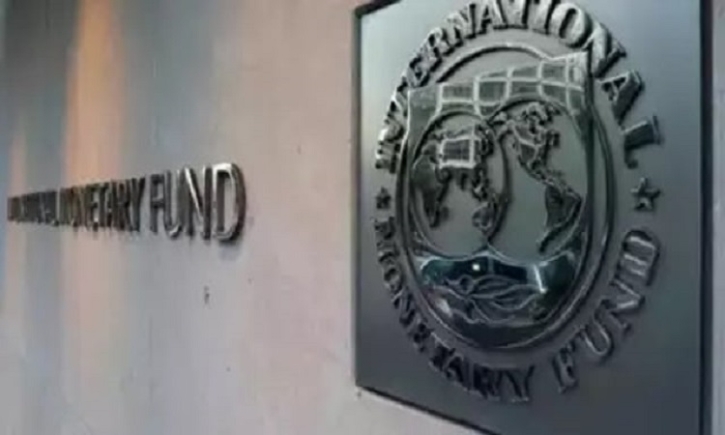
Representational photo
The International Monetary Fund (IMF) has approved the release of $1.115 billion in the third tranche of the $4.7 billion loan package allocated for Bangladesh.
Following the Executive Board’s discussion, Antoinette M. Sayeh, deputy managing director and acting chair, made the statement on Monday.
The Executive Board of the International Monetary Fund (IMF) completed the second review under the Extended Credit Facility (ECF), Extended Fund Facility (EFF), and Resilience and Sustainability Facility (RSF) arrangements for Bangladesh, allowing the authorities to withdraw the equivalent to SDR704.70 million (about $928 million) under the ECF/EFF, and SDR166.68 million (about $220 million) under the RSF.
This brings total disbursements under the ECF/EFF so far to SDR1,409.40 million (about $1,856 million) and under the RSF to SDR333.35 million (about $439 million).
Further, the Executive Board granted a waiver of nonobservance of a performance criterion for the floor on net international reserves on the basis of corrective actions.
Bangladesh’s economy continues to face multiple challenges. Stubbornly high international commodity prices and continued global financial tightening have amplified macroeconomic vulnerabilities.
Although the current account remains compressed, a sudden reversal of the financial account has kept foreign exchange (FX) reserves and the Taka under pressure.
In response to these pressures, the authorities have recently undertaken bold exchange rate reforms.
Real GDP growth slowed to 4.8 percent in FY24H1, while headline inflation reached a decade high of 9.7 percent year-on-year in April 2024.
Looking ahead, real GDP growth is projected at 5.4 percent in FY24, owing to the ongoing import compression and policy tightening, and will pick up to 6.6 percent in FY25 as imports rebound and FX pressures ease.
Inflation is projected to remain elevated at approximately 9.4 percent in FY24 but is anticipated to decline to around 7.2 percent in FY25, on the back of the continued tighter policy mix and projected lower global food and commodity prices.
Following the exchange rate realignment, gross international reserves (GIR) are projected to gradually increase.
Nonetheless, uncertainties around the outlook remain high and risks are tilted to the downside.
Bangladesh’s arrangements under the ECF/EFF and RSF were approved by the Executive Board on January 30, 2023 (see Press Release No. 23/25) in an amount equivalent to SDR2.5 billion (154.3 percent of quota or about $3.3 billion) under the ECF/EFF and SDR1 billion (93.8 percent of quota or about $1.4 billion) under the RSF.
The ECF/EFF arrangement has helped to prevent disruptive adjustments to restore macroeconomic stability and protect the vulnerable while laying the foundations for strong, inclusive, and environmentally sustainable growth.
The concurrent RSF arrangement has supplemented the resources made available under the ECF/EFF to expand the fiscal space to finance the authorities’ climate investment priorities, help catalyze additional financing, and build resilience against climate risks.
M. Sayeh made the following statement:
“Bangladesh’s economy is navigating multiple macroeconomic challenges. Even in the difficult environment, program performance has been broadly on track and the authorities remain committed to undertaking the necessary policy actions and reforms. The IMF-supported program is helping to safeguard macroeconomic stability and protect the vulnerable, while helping to accelerate economic reforms to deliver strong, inclusive, and green growth.
“Near-term policies should focus on rebuilding external resilience and bringing down inflation. The authorities’ recent actions to realign the exchange rate and implement the new exchange rate arrangement are welcome. Periodic reviews of the crawling peg would be important to ensure its effectiveness. Continued monetary and fiscal policy tightening would help to rein in inflation. Should external and inflationary pressures intensify, a further tightening in policies is warranted.
“Ongoing reforms to modernize the monetary policy framework and improve policy transmission will foster macroeconomic stability. Smooth transitioning to a flexible exchange rate regime and bolstering FX reserve buffers are necessary conditions for external resilience. Concurrently, addressing vulnerabilities in the financial sector, while strengthening banking regulation, supervision, and governance are important priorities. Deepening capital markets will help mobilize financing to support long-term growth objectives.
“Efforts to raise tax revenues and rationalize expenditure, including by reducing subsidies are crucial to generate the much-needed fiscal space to enhance social, development and climate initiatives. Sustained efforts to strengthen public financial and investment management, along with enhanced state-owned enterprise oversight are essential to improve spending efficiency and mitigate fiscal risks.
“Sustained structural reforms are required to achieve Bangladesh’s goal of reaching upper middle-income country status by 2031. Diversifying exports, attracting more foreign direct investment, and strengthening governance are key.
“Building resilience to climate change and natural disasters is a priority for achieving high, inclusive, and green growth. Strengthening institutions and policy coordination, improving climate spending efficiency, and mobilizing climate financing remain crucial. The launch of the Bangladesh Climate and Development Platform in collaboration with development partners is a welcome development.”

